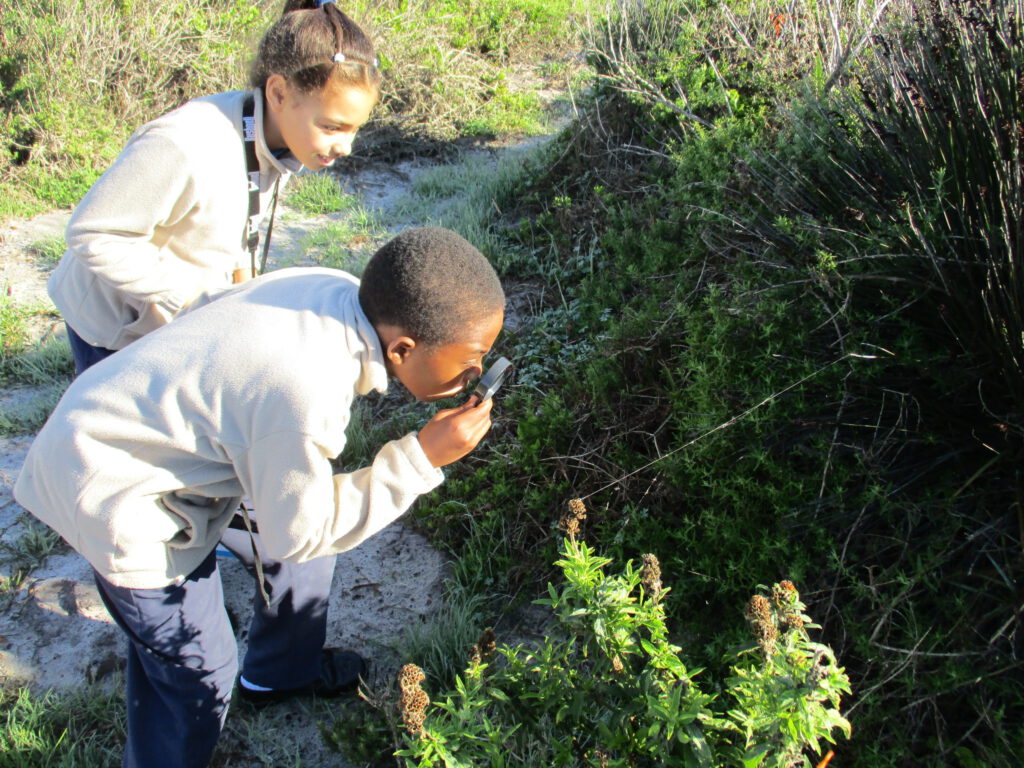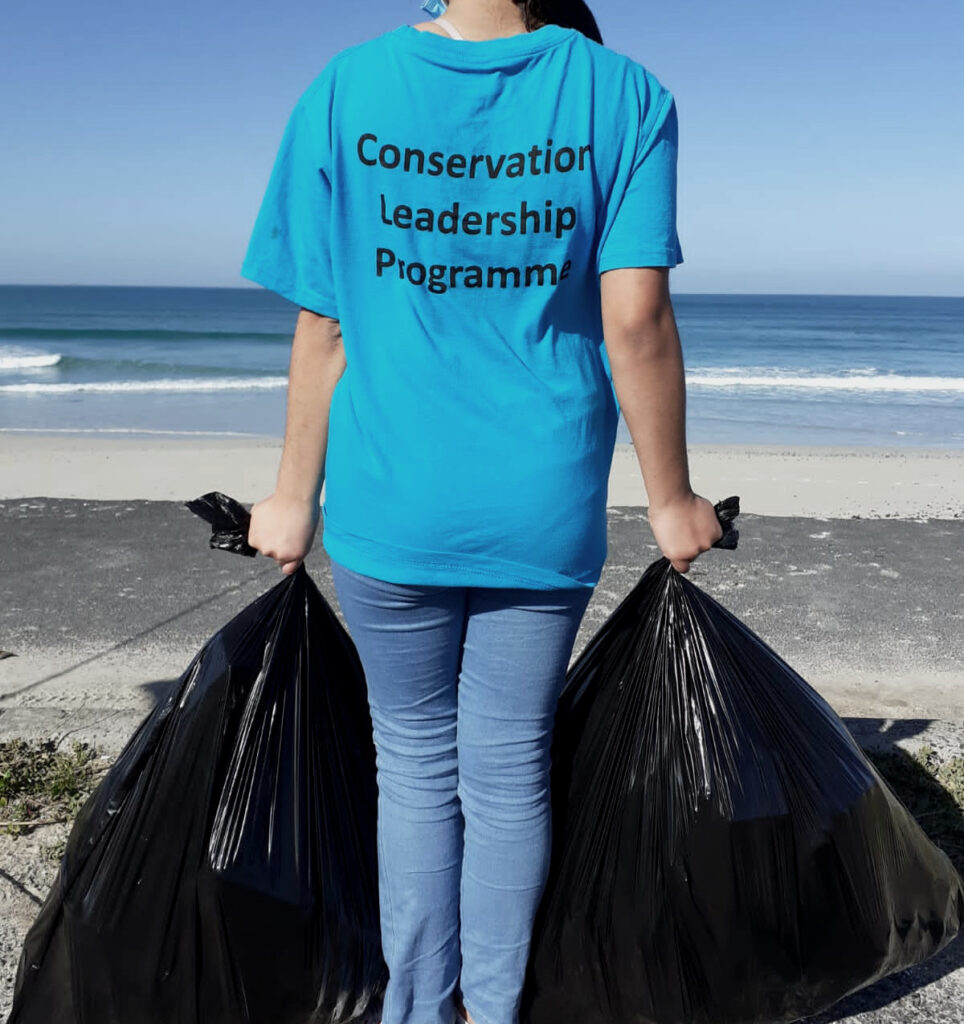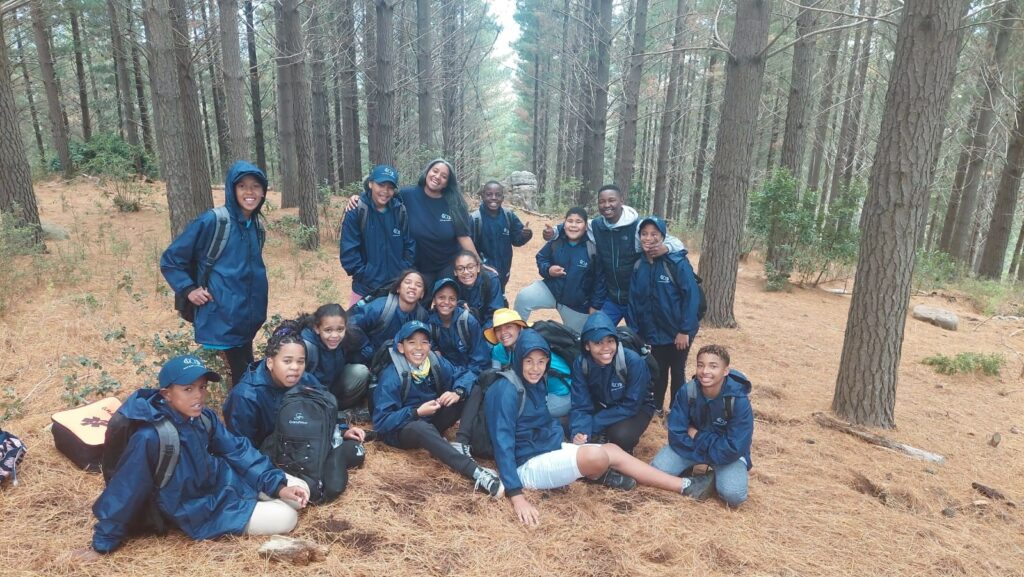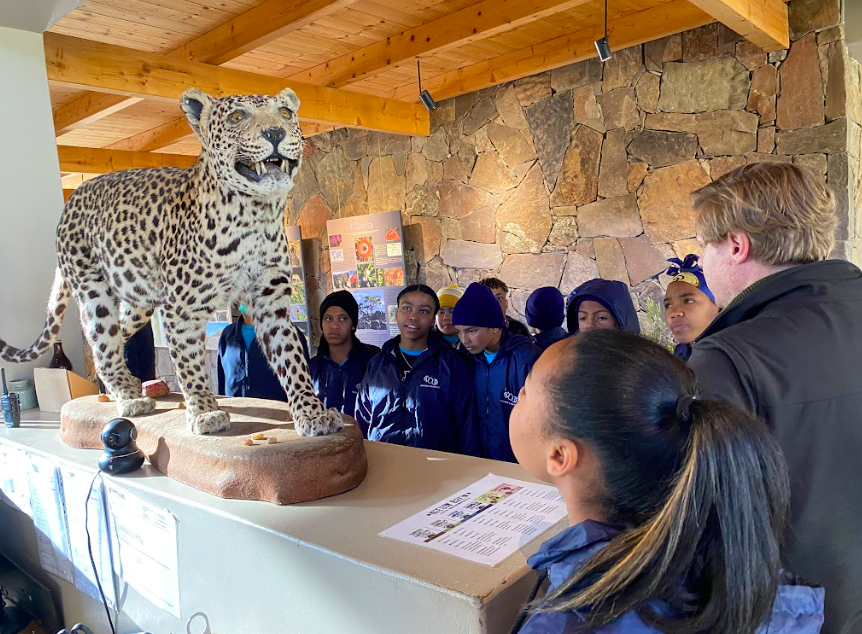Ways Kids Benefit from Nature

Ways Kids Benefit From Nature
An article on the online platform, Psychology Today, outlined 8 eye-opening ways that kids benefit from spending time in nature. We completely agree and have summarised the main points that make a case for why nature-based instruction should be incorporated into school activities. This list is based on findings from a thorough review of nature-based learning research:
- Nature Has Rejuvenating Effects on Attention: Students who were randomly assigned to classrooms with views of greenery perform better on concentration tests than those assigned to purely “built” views or windowless classrooms.
- Nature Relieves Stress: Nature has been related to lower levels of both self-reported and physiological measures of stress in children.
- Contact With Nature (and Animals) Boosts Self-Discipline: The types of self-discipline assessed include delay of gratification and parent ratings of hyperactivity.
- Student Motivation, Enjoyment, and Engagement Are Better in Natural Settings: The positivity of learning in nature seem to ripple outward, as seen in learners’ engagement in subsequent, indoor lessons.
- Time Outdoors Is Tied to Higher Levels of Physical Activity and Fitness: Importantly, cardio-respiratory fitness is the component of physical fitness most clearly tied to academic performance. Further, there is some indication greener school grounds can counter children’s trend toward decreasing physical activity as they approach adolescence.
- Nature May Boost Learning by Providing a More Supportive Context for Learning: Greener environments may foster learning because they are calmer and quieter, because they foster warmer relationships, and because the combination of “loose parts” and relative autonomy elicits particularly beneficial forms of play.
- Vegetated Settings Tend to Provide Calmer, Quieter, Safer Contexts for Learning: In greener learning environments, students who previously experienced difficulties in traditional classrooms are better able to remove themselves from conflicts and demonstrate better self-control.
- Natural Settings Seem to Foster Warmer, More Cooperative Relations: Learning in nature facilitates cooperation and comfort between students and teachers, perhaps by providing a more level playing-field wherein the teacher is seen as a partner in learning.
The full article with research citations can be found here.






